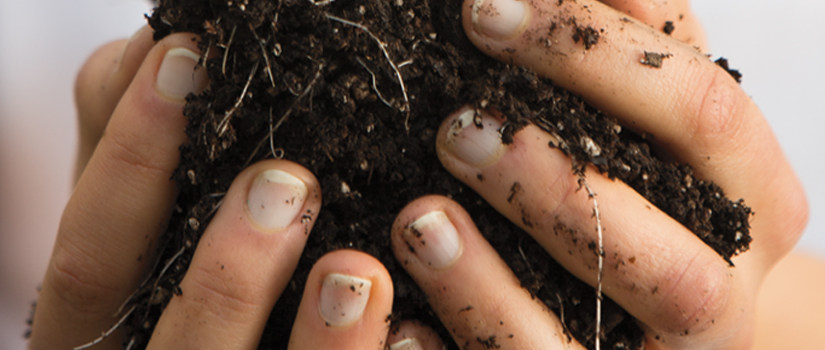The School of Medicine recently recruited an international health expert from Queens, N.Y., Dr. Rajeev Bais, who says that one path to expanding the school’s global mission leads right back to Columbia.
“You really don’t need to go abroad to start a global health initiative,” Bais says. “We have global health right here in our backyard. All of the problems of the world, both politically and health-wise, are manifested in these patients.”
The patients he’s talking about are refugees who have been settled in S.C. Columbia itself has about a thousand international refugees or asylum seekers, he says. And they’ve been through a lot.
“Refugees are probably the most vulnerable people in the world,” Bais says. “There’s nobody who has gone through more trauma and witnessed the worst that humanity has to offer than a refugee.”
Many have endured suffering that most Americans can hardly imagine.
“There is one girl whose father was murdered, whose mom was raped. Her sisters were raped and she was raped, and this was not just once, but multiple times,” Bais says. “All of her sisters got pregnant from rapes. She got pregnant and had a kid, and then she found out she was HIV-positive. And this is a 17-year-old girl. Can you imagine?”
Since arriving in Columbia in September, Bais has opened the Carolina Survivors Clinic, an outreach program originally focused on victims of torture and human rights abuse. But seeing the dearth of medical and psychological services dedicated to refugees in the area, the team decided to expand their services to all comers among refugees.
That’s the amazing thing: the resilience. Obviously it’s a spectrum, and some people have a very hard time, especially if they’ve lost children. But most people, they look to start a new life, to work to become part of the community. They have a lot of hope for the future. —Rajeev Bais
Physicians are skilled at treating the body, but often there are injuries that they can’t see, Bais says. The refugees come from war-torn areas, where witnessing horrific events is common and torture is prevalent.
“When refugees arrive here, they get a screening exam, and they look for medical problems like tuberculosis, syphilis, intestinal parasites and that sort of thing,” Bais says. “But what they don’t screen for, and they should, is torture. So we decided to do the health screenings also and look for [evidence of] torture and other things in a more comprehensive way.”
Beyond the physical and psychological prescriptions that modern medicine can offer, the Carolina Survivors Clinic is building an outreach program that brings refugees in touch with a surrounding community that Bais has found can be eager to find out about their lives. The team has worked with the Sustainable Carolina Farm & Gardens, managed by the university’s Office of Sustainability, to develop a garden where refugees can grow foods that remind them of their faraway homes. It helps draw out older refugees who can get isolated, Bais says, and the students in the residence hall are often touched by their stories and eager to learn about their lives and culture.
The team is currently trying to develop a scholastic soccer program for kids. It involves after-school tutoring followed by soccer instruction, with the hope that down the road there ‘might be academic or athletic scholarships for children of refugees.
They’re also working with the public library system to provide English conversation classes. The model is a program Bais became familiar with while he was completing a fellowship in Lexington, Ky., and involves bringing people from the community into conversations with refugees. Friendships often develop, with learning both ways, he says. Many Americans are struck by the positive outlook of folks who have been through so much.
"That’s the amazing thing: the resilience,” Bais says. “Obviously it’s a spectrum, and some people have a very hard time, especially if they’ve lost children. But most people, they look to start a new life, to work to become part of the community. They have a lot of hope for the future.”
